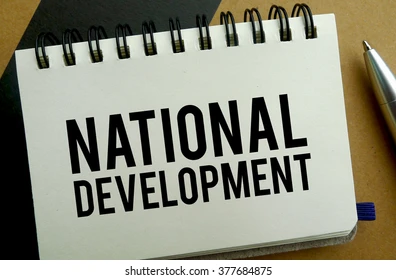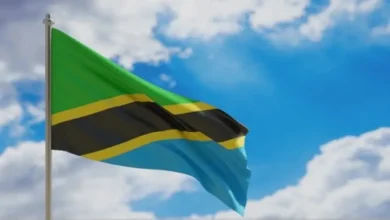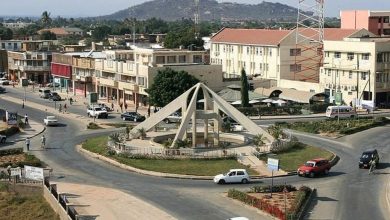‘Tap intellectual property for national development’

DAR ES SLAAM: TANZANIAN universities have been urged to reposition themselves as engines of innovation by integrating intellectual property into their research management systems to generate solutions to the country’s pressing social and economic challenges.
Speaking at the 3rd African Research Universities Alliance (ARUA) Annual Public Lecture, Senior Lecturer at the University of Dar es Salaam (UDSM) School of Law and Chief Corporate Counsel, Professor Saudin Mwakaje called on universities to go beyond academic publications and make tangible contributions to national development.
Prof Mwakaje said that university research should be protected, commercialised and strategically managed to maximise its impact.
While acknowledging that African universities have made significant progress in research, he noted that research management is often treated too narrowly focused primarily on fund allocation. “We do research for the sake of research,” he said.
“Much of the knowledge created is left unprotected, unutilised and eventually pirated by competitors from other continents.”
He cited trade fairs as an example, where foreign visitors often photograph local innovations that later emerge as commercial products abroad.
“If we don’t protect what we create, others will take it and sell it back to us,” he warned. To address these challenges, Prof Mwakaje proposed a four-step strategy: Create, protect, commercialise and incentivise.
He recommended that universities require patent search reports before approving technical or scientific research, to ensure originality and avoid duplication. Once research is completed, securing IP rights should be a priority, followed by focused commercialisation efforts.
“Research that stays on the shelf is a missed opportunity,” he said, highlighting the importance of rewarding researchers to attract and retain talent.
Prof Mwakaje also highlighted the opportunities available to African countries under global frameworks.
He pointed to the flexibilities within the WTO’s Trade-Related Aspects of Intellectual Property Rights (TRIPS) Agreement, which allow Least Developed Countries (LDCs) to access global knowledge and technologies legally—particularly useful during crises such as HIV/ AIDS and COVID-19.
He acknowledged the growing number of African IP experts trained at institutions like UDSM, the Kwame Nkrumah University of Science and Technology (Ghana) and Africa University (Zimbabwe).
These professionals, he said, are driving muchneeded reforms tailored to Africa’s research landscape.
ALSO READ: Beyond the cheques – How dividends support national development
Prof Mwakaje also welcomed the African Continental Free Trade Area (AfCFTA) Intellectual Property Protocol, which includes a chapter on research, innovation and collaboration.
He noted that it provides a valuable framework for crossborder academic partnerships and shared innovation goals. However, he acknowledged several challenges facing the continent.
Africa’s fragmented IP systems, divided between ARIPO and OAPI based on colonial language legacies, hinder the formation of unified policies.
In addition, the territorial nature of IP laws means that protection granted in one country does not extend to others, complicating regional collaboration. “We need a cultural shift,” he said.
“We must view knowledge as an asset to be protected and used strategically for societal benefit.” Prof Mwakaje urged Tanzanian universities to conduct intellectual property audits to assess their current assets and identify gaps.
He also recommended the development of university-specific IP policies aligned with national and continental strategies. He underscored the importance of capacity building, noting that UDSM has begun integrating IP education across faculties—including law, business, engineering, humanities and science.
He encouraged other institutions to follow suit. He also emphasised the need for greater collaboration among African universities to pool resources, share expertise and foster a research culture that values both academic excellence and realworld impact.
He said “Knowledge is power. If it is not applied to the solution of our problems, then it is useless.”
Speaking at the same event, UDSM Vice-Chancellor Professor William Anangisye said the lecture reflects the university’s commitment to intellectual exchange and international collaboration.
“Our membership aligns with Tanzania’s Development Vision 2050 and the university’s Vision 2061,” he said, adding that UDSM’s involvement in ARUA has enhanced its research capacity, access to funding and innovation platforms.
“I encourage all participants to actively engage, collaborate and seize this opportunity to shape Africa’s research future.”





